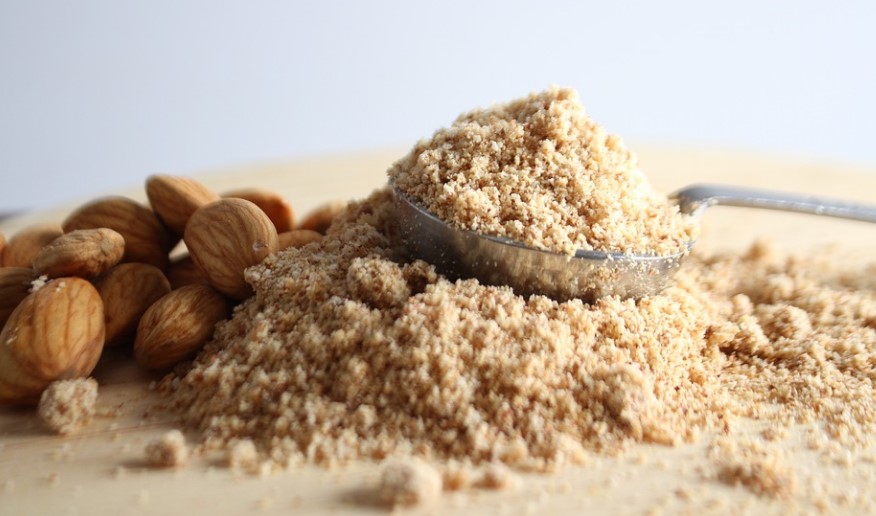
Substituting almond flour for oat flour in baking is a common query for those following a gluten-free, paleo or low-carb lifestyle. Almond flour is a versatile alternative that can be used in a variety of baked goods. The question remains: Can you substitute almond flour for oat flour? Let’s dive into this question and provide a comprehensive answer.
The Difference
Firstly, it is important to understand the differences between almond flour and oat flour. Almond flour is made from blanched almonds that have been ground into a fine powder.
Oat flour, on the other hand, is made by grinding oats into a fine powder. Both flours are gluten-free and provide different nutritional benefits. Almond flour is high in healthy fats and protein, while oat flour is high in fiber and contains more carbohydrates than almond flour.
Substitution
Almond flour can be substituted for about 1/4 cup of oat flour in most cases. However, it is important to keep in mind that almond flour absorbs more liquid than oat flour, so additional eggs or binding agents may be required to achieve the desired texture in baked goods. In contrast, almond flour is an excellent substitute for oat flour because it is made from freshly ground almonds. Oat flour, on the other hand, can be used as a substitute for almond flour if you don’t have almond flour. Furthermore, while almond flour can be used as a substitute for oat flour in cookies, it will result in a denser and less chewy cookie than if oat flour is used.
If you are looking to substitute almond flour for oat flour, it is important to consider the recipe and the desired texture of the final product. Almond flour is a great substitute when you want a different texture and flavor for baked goods. It is best used in recipes that require a denser texture and nutty flavor. Oat flour, on the other hand, is ideal for recipes that require a lighter texture and mild flavor.
When substituting almond flour for oat flour, it is important to keep in mind that the amount of liquid and binding agents in the recipe may need to be adjusted. Almond flour absorbs more liquid than oat flour, so additional eggs or binding agents may be necessary to achieve the desired texture. It is also important to note that almond flour is more expensive than oat flour, so it may not be the best choice for those on a budget.
Also, read:
Last Words
Almond flour can be substituted for oat flour in most cases. However, it is important to consider the recipe and desired texture of the final product. Almond flour is a great alternative for those looking for a different texture and nutty flavor in their baked goods. Oat flour, on the other hand, is ideal for recipes that require a lighter texture and mild flavor.
When substituting almond flour for oat flour, it is important to adjust the amount of liquid and binding agents in the recipe to achieve the desired texture.










